Despite cuts to school science courses, Slovakia’s 2019 Olympiad team achieved a record medal haul. Martina Hestericova meets the volunteers behind their success
We knew we were about to witness something special.
The laboratory was filled with sparkling chemical apparatus and colourful displays. Dimming the lights, our teacher asked us to step back from the lab bench, and then lit the dichromate volcano. Grinning at our gasps of astonishment, he continued – demonstrating how to dissolve glass using fluoric acid, how to change the colour of a translucent liquid with a single drop of a mysterious solution and how to turn a copper-containing solution green using a single nail.
All of these simple experiments sent me home thinking about the underlying processes and wondering when would I be able to understand them all. The opportunity to try out experiments myself gradually grew into a passion and greatly contributed to my decision to become a chemist.
In the 20 years since my first chemistry lesson, the situation in Slovakia’s education system has changed dramatically. Nowadays, children can rarely explore science experiments themselves. The luckier ones might witness a demonstration of a titration, while the rest of high school students graduate without ever holding a pipette or a beaker.
Despite this, Slovak school pupils have performed to a consistently high level in international chemistry competitons – and a group of highly motivated volunteer teachers are key to their success.
New school act and financial cuts
Prior to the 2008 new school act, Slovak primary and secondary school curriculums were strictly controlled and approved centrally by the Ministry of Education. Compliance to the universal curriculum ensured consistency across different schools but also prevented innovative approaches by individual teachers. The act aimed to give schools more freedom to create education plans for their students, but in reality it drastically cut teaching and financial support for natural science classes.
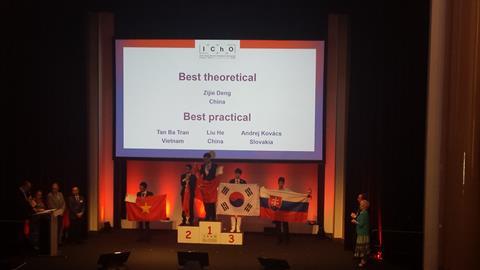
High school students now study chemistry for only two and a half years; two 45-minute classes a week. There is simply not enough room for creative teaching approaches, or for proper practical exercises. Students wishing to engage further with science have to rely on their own self-education and the goodwill of their teachers.
Bringing the medals home
The International Chemistry Olympiad (IChO) is an annual competition for secondary school students, consisting of a theoretical test and a practical exam. The expected knowledge extends far beyond the usual high school chemistry curriculum. To ensure that talented students get the necessary training to excel in such high-level competition, special measures need to be in place.
IChO has a long-lasting tradition in Slovakia. In fact, this competition was founded in 1968 in Czechoslovakia. Since 1993, Slovak students have brought home 12 gold medals, 43 silver medals, and 39 bronze medals. Last year, the 50th IChO came ‘back to where it all began’ and was held jointly by Slovakia and Czechia.
This year, the competition was held in Paris; over 300 students from 80 countries participated. The theoretical problems ranged from water splitting, block-copolymer characterisation, to describing the ring motion in a catenane and synthesis of a local anesthetic. The practical section focused on ecologic oxidation and determination of iron and sulfite ions in wine.
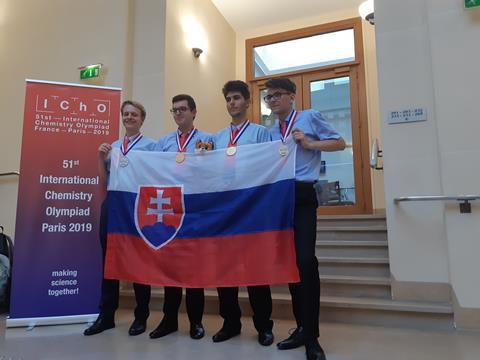
2019 saw a historic success for the Slovak delegation. Two students – Andrej Kovács and Peter Rukovanský – were awarded gold medals, while Samuel Novák and Michal Chovanec recieved silver medals. Andrej also won the best practical award. Overall, Slovakia came in joint fifth place, the best result the country has ever achieved.
Given the current situation in Slovak schools, one might ask how these students managed to get the necessary experience. Under the current chemistry curriculum, they wouldn’t have been able to practice problems and practical exercises during their high school classes.
Their success, apart from their extraordinary talent and willingness to spend their free time and weekends buried in books, is driven by volunteers.
Giving back to the community
‘Despite having to work with a restricted number of chemistry classes and almost non-existent practical classes in high schools, we are doing our best to get our gifted students sufficiently prepared for chemistry Olympiad,’ says Martin Putala from Comenius University in Bratislava and chairman of the Slovak Chemistry Olympiad. ‘The new school act from 2008 forced us to create a new system of working with enthusiastic and talented students – based on volunteering.’
Beyond his university commitments, Martin estimates that about one quarter of his capacity is spent on chemistry Olympiad. ‘I am actually a chemistry Olympiad alumnus myself. Just like many others, I want to give back what was given to me when I was younger,’ he adds.
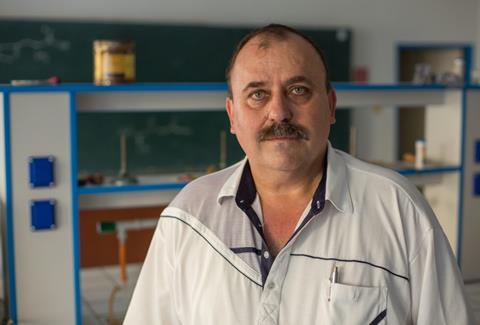
When it comes to high school teachers, many of them go far beyond their duties and spend their free time mentoring students without any financial reward. One example is Miroslav Kozák, a high school chemistry teacher from Prievidza, whose success is unique on a global scale. Over the past 24 years, 28 of Miroslav’s students have participated in IChOs, winning 7 silver and 14 bronze medals for Slovakia.
‘If you asked me to name all of my talented students, I would actually be able to do that. They are so close to my heart. Working with these students is something I look forward to throughout the entire week,’ he says. ‘It feels fulfilling and satisfying to show them that chemistry is here to help.’
Miroslav’s commitment and enthusiasm is bearing fruit beyond IChO medals. Some of the ‘Kozák alumni’ have gone on to work with Nobel laureates and are embarking on their own professional academic careers all around the world. Many are now themselves heavily involved in preparing the future generations of chemists for chemistry Olympiad and university studies.
Michal Juríček from the University of Zürich in Switzerland spends his free time preparing exercises for national rounds of chemistry Olympiad. And together with Tomás Šolomek from the University of Basel and Pavol Ondrisek at the University of Geneva – all fellow Kozák alumni – he founded a non-profit organisation to support young talents in chemistry. ‘We are doing these activities to promote young chemists in our free time. We want to repay all the effort that was invested into us when we were young,’ explains Michal. The three have even used their vacation days to organise meetings, trips and awards to motivate their young members.
Future measures
Sacrificing free time is also common practice among students, as their schools cannot provide them with enough resources to sufficiently develop their skills and knowledge. Apart from solving difficult equations and drawing complicated synthetic problems on paper, these young chemists spend time away from their families during summer holidays – for example in the summer school of chemistry, another volunteer-led activity to support young talents.
According to Martin, the level of knowledge required for success in IChO is too high to be covered by the high school curriculum and help from local universities is often required. These summer schools offer a unique opportunity for young chemists to be trained in organic synthesis and advanced titrations, to name a few, by university professors. ‘In the past, we used to get funding from the Ministry of Education. Nowadays, we have to look for other sources to cover the necessary expenses,’ says Martin.
According to Slovakia’s current minister of education, Martina Lubyová, the school education system has been underfinanced since 1991. While her current plan to implement 150 measures does include increases to teacher salaries, addressing the problems with practical courses in natural sciences are not among the goals. Training up talented students will, therefore, most probably rely on volunteering for years to come.
UK Chemistry Olympiad
The UK Chemistry Olympiad is open to all secondary schools and colleges in the British Isles. Find out more and register your interest on our UK Chemistry Olympiad webpage.
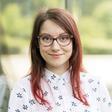



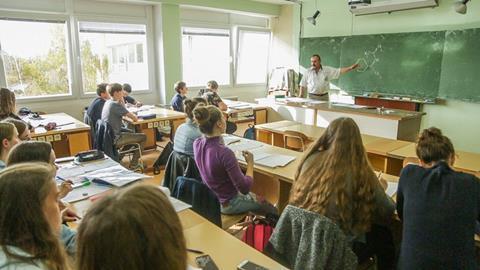

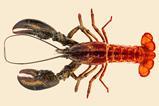






No comments yet